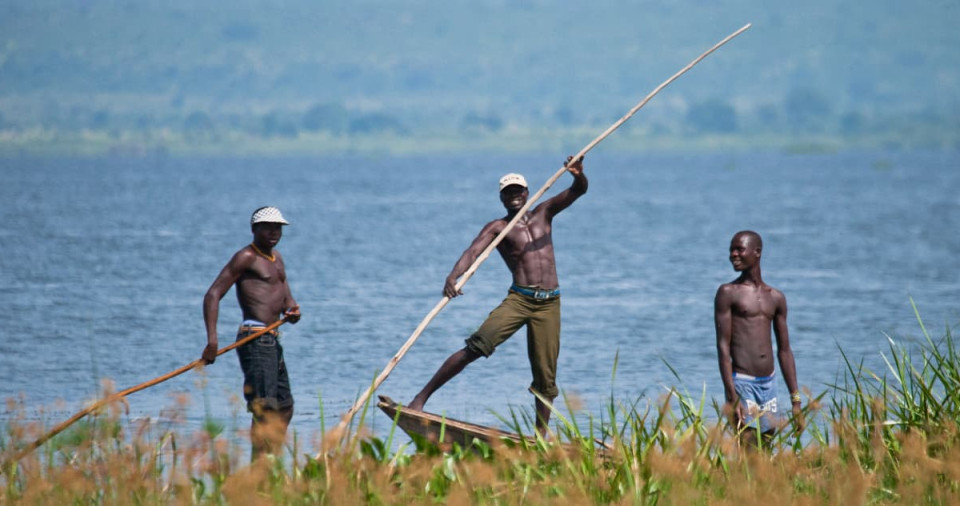Uganda: Development of oil reserves brings opportunities and risks
Event
In 2006, Uganda discovered crude oil reserves near its border with the Democratic Republic of Congo. TotalEnergies and its partner China National Offshore Oil Corporation (CNOOC) are planning to invest more than USD 10 billion in the development of oil fields, processing facilities and a pipeline network linking Uganda to the Tanzanian port of Tanga. The Tilenga project, operated by TotalEnergies, and the Kingfisher project, operated by CNOOC, are expected to deliver a combined production of up to 230,000 barrels per day. Oil is expected to start flowing in 2025.
Impact
Uganda is currently a net fuel importer, but this could change with the development of the discovered oil reserves. Eliminating the need for expensive oil imports is one of the numerous advantages for the country. Oil exports should also become an important source of foreign currency, and a source of fiscal revenue. Increased fiscal revenue would be welcome. The country’s public debt-to-GDP ratio is currently around 50% (see graph below); it surged by 10 p.p. due to the Covid-19 pandemic and accounts for more than 350% of public revenues.

Until the revenues related to the exploitation of oil start coming in, the size of the investments needed to develop the required infrastructure will place a significant burden on the country. External debt, which has already increased a lot over the last years, will continue to grow in the coming years. Since Uganda’s debt relief in the 2000s (see graph below that shows the evolution of external debt in absolute terms and as a percentage of GDP), the amount of the debt has grown considerably. The increase seems less impressive as a percentage of GDP, but the level reached is there also very high.

The project is not without opposition. The oil deposit is partially located inside a national park and requires the relocation of thousands of people in Uganda and Tanzania for the construction of the pipeline and facilities. In addition to this, the fact that many companies have committed to halting their investment in fossil fuel has caused many financial institutions to refuse to finance or insure the project.
The short-term political risk rating for Uganda was downgraded from category 3/7 to 4/7 in December 2022. Since then, the wide current account deficit has further worsened. For the medium- to long-term political risk, the country’s rating is currently in category 6/7. However, the rising external debt level is reason for high concern and a downgrade to category 7/7 later this year cannot be ruled out.
Source : Credendo
















